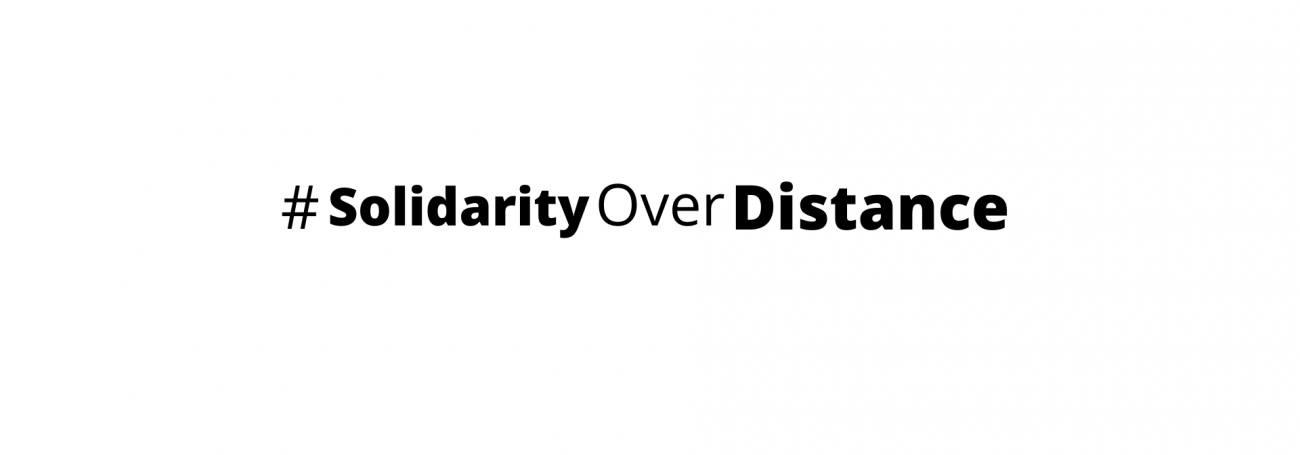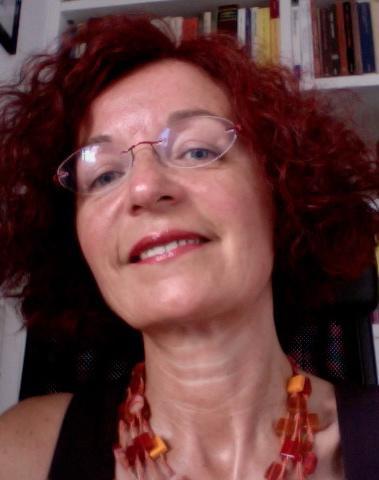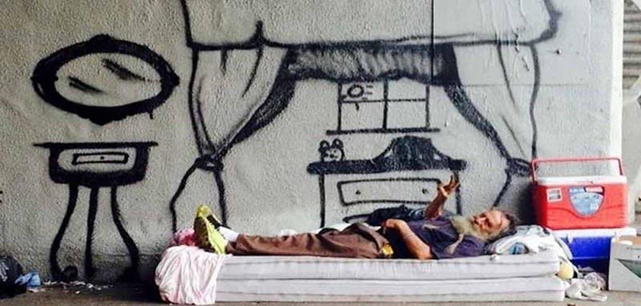The boundary between my personal life, on the one hand, and my professional life and active citizenship, on the other hand, is currently almost non-existent.
Except for some domestic activities (such as shopping when needed and in any case as little as possible or housekeeping) and being in touch with my family and friends, the day is almost totally absorbed in work, organising, listening and supporting activities carried out through all channels and mediums available. During these days, time spent on studying and writing has also become less, as well as time I previously dedicated to my passions. The communication and organisational difficulties and the continuous exposure to the experiences that people tell me daily keeps me immersed in a prolonged apnea, yet it opens the world around me like a hand fan. I realise that, as the days go by, I continue to breathe despite the apnea.
It is as if the physical distancing imposed by the fear of the virus is being challenged by the desire and need of people to do, to "get activated", to seek human closeness, to listening, sharing, feeling that one is not alone. Even starting from strangeness and an incorporeal voice as long as it is close, supportive, human. It is not just a search for releasing emotions or obtaining reassurance, but that of sharing the uncertainty and the unknown, for generating a meaning of the present and of the future, of the need for collective meaning.
Fear, suffering, impatience and resilience are often closely intertwined.
Many people wonder about “the world to come" and ask themselves how to participate in building it.
When this situation will allow it, I think I will have many people to meet, for the first time.




